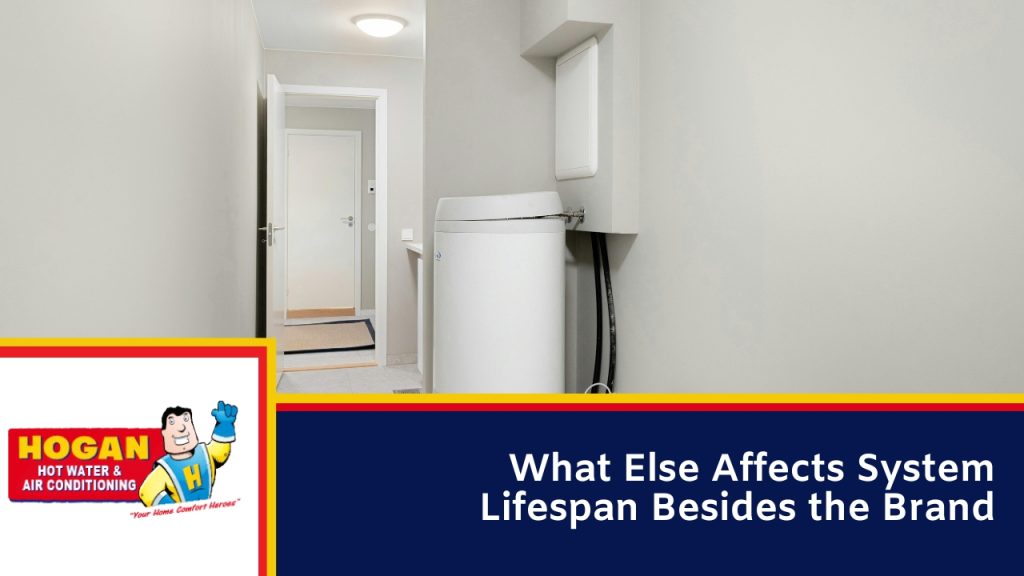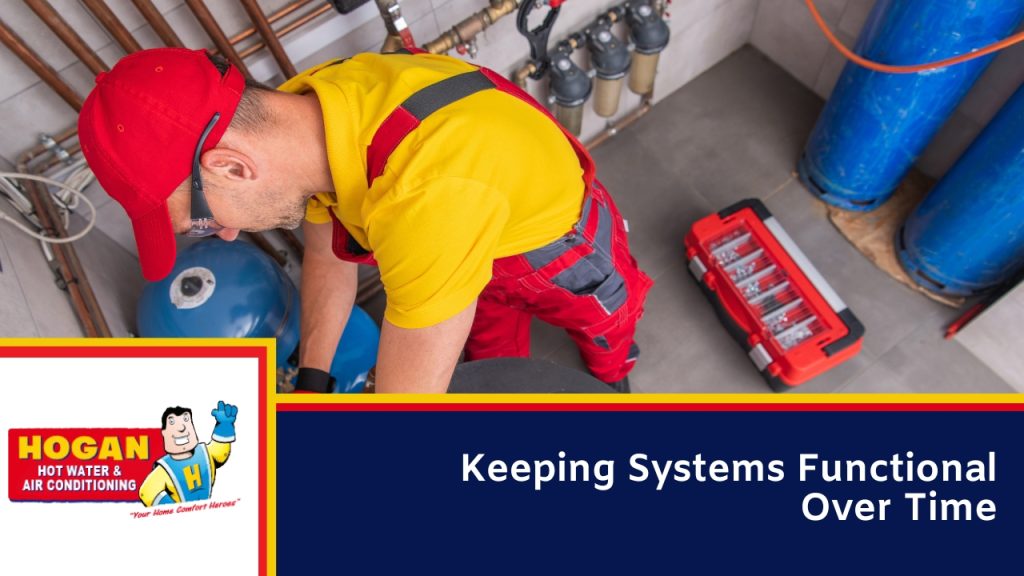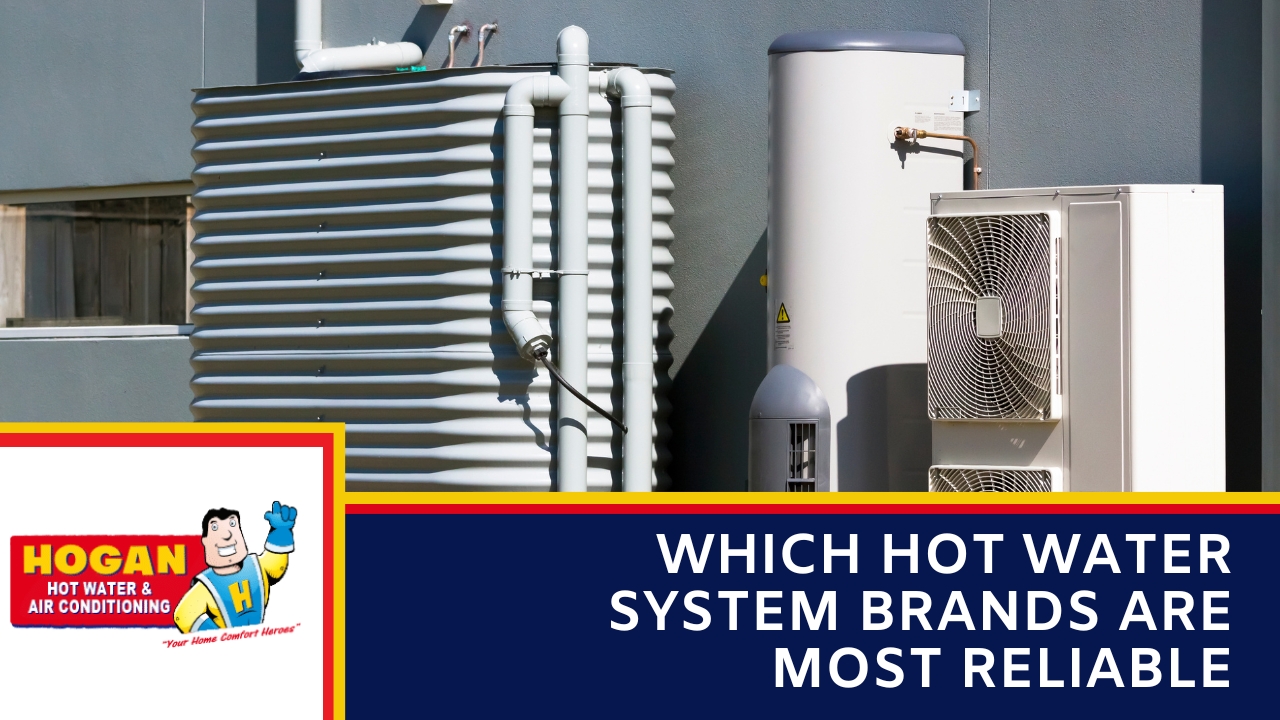Hot water interruptions can affect daily routines across Newcastle, Lake Macquarie, and nearby areas. These problems often start with systems that are poorly installed, rarely serviced, or not built for local usage conditions.
When brands are chosen without proper guidance, the result is often high energy use, uneven water pressure, or full system failure within a few years. These issues are avoidable when selecting proven brands and following correct setup and maintenance procedures.
This guide covers which brands have consistently delivered stable performance and how installation and servicing affect long-term function. Information here reflects working experience from licensed professionals operating across the Hunter and Central Coast regions.
What Else Affects System Lifespan Besides the Brand
Brand name alone doesn’t guarantee reliability. Several key factors influence system performance.
Installation must follow Australian Standards. Poor pipework, incorrect electrical setup, or missing pressure valves can reduce function and safety. Licensed trades are required to complete the work.
Anode rod replacement every 5–8 years is important for storage tanks. These rods prevent corrosion inside steel cylinders. Neglecting this step shortens system life and leads to leaks.
Water quality also plays a role. Mineral-heavy (hard) water causes internal buildup that affects heating elements. High-demand households may wear out parts faster due to frequent use.

Component materials affect reliability. Some systems use low-grade valves, thermostats, or insulation to cut costs. These parts wear out sooner than those used in better models.
Hot Water System Brands Used in Newcastle
| Brand | System Types Offered | Common Features |
| Rheem | Electric, gas, solar, heat pump | Manufactured in Australia; wide model range; stable performance |
| Dux | Electric, gas | Corrosion-resistant tanks; extended warranty options |
| Rinnai | Continuous flow (gas), storage | Instant water heating; electronic control; compact installation |
| Aquamax | Electric storage | Enamel-lined tanks; basic parts access |
| Thermann | Electric, gas, continuous flow | Commonly used for standard replacements; available trade supply |
| iStore | Heat pump | Designed to reduce electricity use; quiet operation |
| Saxon | Heat pump | Suits moderate climates; refrigerant-based heating |
| Quantum | Heat pump | Includes anti-frost function; outdoor compatible |
System Type vs. Reliability
| System Type | Design Overview | Key Reliability Factors |
| Electric storage | Heated element in insulated tank | Anode condition, tank lining, element wear |
| Gas storage | Gas burner heats water from below | Burner and pilot function, flue condition |
| Continuous flow (gas) | Water heated only when needed, no tank | Heat exchanger, ignition controls, sensor accuracy |
| Heat pump | Draws ambient heat using refrigerant and fan | Coil cleanliness, refrigerant levels, airflow clearance |
| Solar | Collectors feed tank with solar-heated water | Collector exposure, tank insulation, booster reliability |
Keeping Systems Functional Over Time

Installation must follow licensed trade standards. Plumbing, drainage and electrical connections require certified setup.
Routine servicing reduces major breakdowns. This includes valve testing, thermostat checks and scheduled part replacements such as anodes or heating elements.
Exposure to outdoor elements affects solar panels, heat pumps and externally mounted continuous flow systems. Debris, water pooling or weathering can lower efficiency.
Checking system pressure, flow rate, and response time during inspections helps spot faults early. Maintenance should be logged to track wear over time.
Frequently Asked Questions
How long do most hot water systems last?
Electric and gas storage systems last 8–12 years. Solar and heat pump systems may last longer with regular servicing.
Can I replace an electric system with gas or solar?
Yes. It may require extra plumbing, electrical, or structural changes depending on location and access.
Is scheduled maintenance necessary for heat pumps?
Yes. Heat pump hot water systems include fans, coils, refrigerant lines and sensors that require scheduled servicing—typically every 1–2 years—to maintain efficiency and prevent faults. These checks must be carried out by a licensed technician.
What causes slow heating or poor pressure?
Common causes include thermostat faults, blocked filters or pressure relief valve issues.
Does replacing the anode rod really help?
Yes. For mild steel tanks, this prevents internal corrosion and extends lifespan.
Book a Service with Hogan Hot Water
At Hogan Hot Water & Air Conditioning, we install, repair and maintain electric, gas, solar and heat pump systems. Our licensed team works across Newcastle, Lake Macquarie, Maitland and the Central Coast, supporting homes with reliable hot water year-round.
We carry out system replacements, fault diagnosis, pressure checks, anode servicing and ongoing maintenance. If you’re unsure which type of system suits your property, we can assess site conditions and usage patterns to provide a suitable recommendation.
For all service bookings or system enquiries, contact us. All work is completed by qualified trades and complies with Australian standards.

